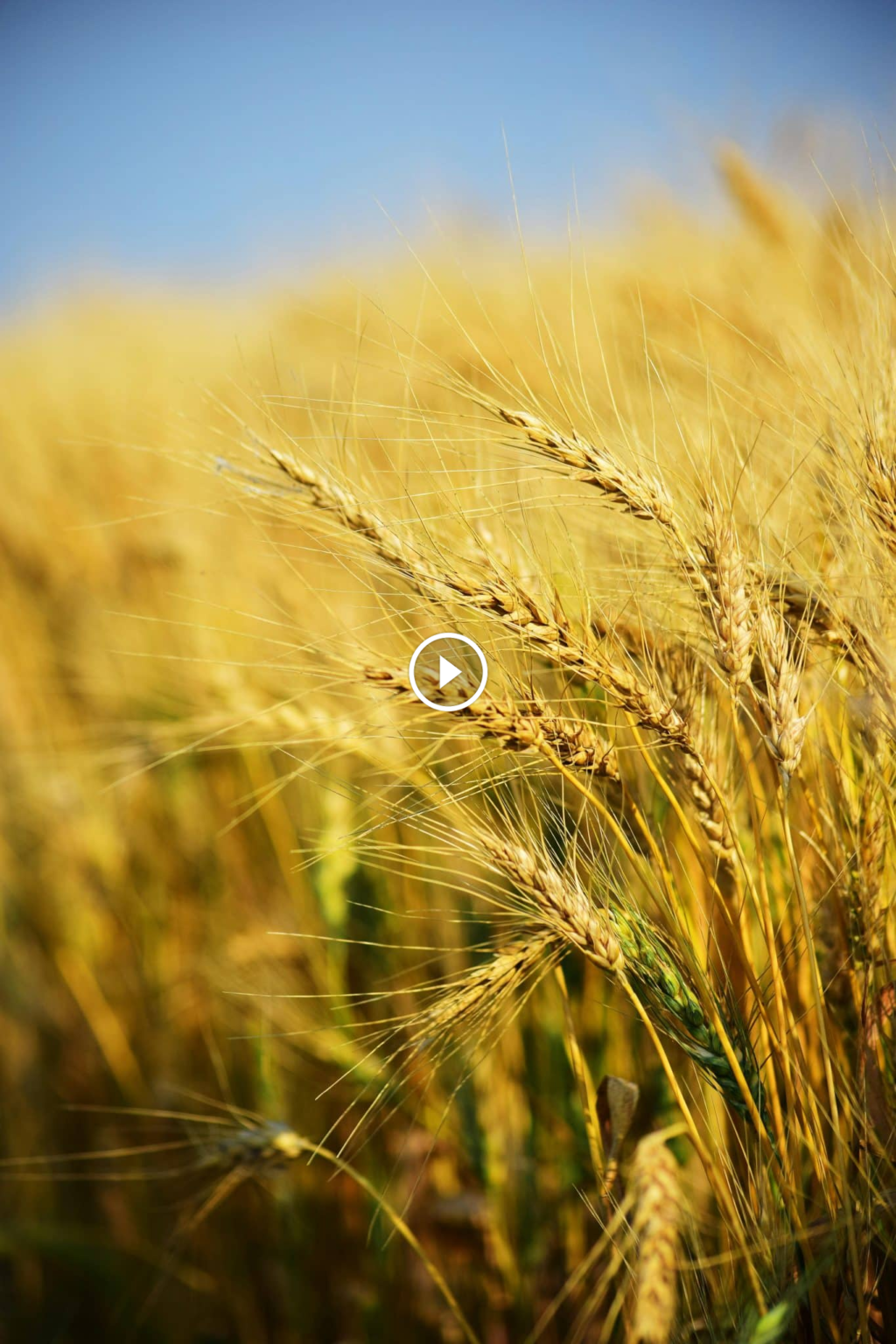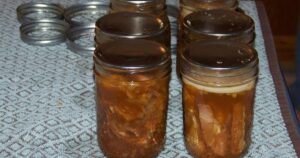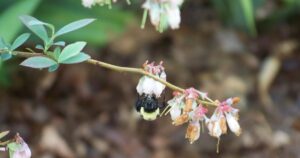
admin ajax.png
India is bracing for a warmer-than-usual February, with temperatures expected to soar above average, posing a significant threat to the country’s winter-sown crops, including wheat, rapeseed, and chickpeas. This comes on the heels of a warmer-than-normal January, which saw minimum and maximum temperatures rise above average, coupled with lower-than-normal rainfall.
The Impact on India’s Wheat Production
Wheat production in India is likely to take a hit due to the unseasonably warm weather. The country’s top wheat-growing regions, including Punjab, Haryana, Uttar Pradesh, and Madhya Pradesh, will bear the brunt of the temperature fluctuations. As a result, wheat prices have already hit a record high of 33,250 rupees ($384.05) per metric ton.
Rapeseed and Chickpea Crops Also at Risk
The warmer weather is not only a concern for wheat production but also for rapeseed and chickpea crops. Any drop in rapeseed production could lead to an increase in cooking oil imports, as India is the world’s largest vegetable oil importer. The country relies heavily on imports of palm oil from Indonesia, Malaysia, and Thailand, as well as soyoil and sunflower oil from Argentina, Brazil, Russia, and Ukraine.
As India navigates the challenges posed by the warmer-than-usual weather, it’s essential to focus on sustainable agricultural practices, climate-resilient crop varieties, and effective water management strategies. By doing so, the country can mitigate the impact of temperature fluctuations and ensure a stable food supply for its growing population.
Some of the key strategies that can help mitigate the impact of climate change on agriculture include:
- Crop diversification: Planting a diverse range of crops can help reduce the risk of crop failure due to weather fluctuations.
- Soil conservation: Implementing soil conservation techniques such as mulching and contour farming can help reduce soil erosion and improve soil health.
- Irrigation management: Implementing effective irrigation management strategies such as drip irrigation and sprinkler irrigation can help reduce water waste and improve crop yields.
- Climate-resilient crop varieties: Developing and promoting climate-resilient crop varieties can help farmers adapt to changing weather patterns.
By adopting these strategies, India can reduce its vulnerability to climate change and ensure a stable food supply for its growing population.
Sources:
Source link
2025-02-01 12:11:11
Karl Hoffman is a distinguished agriculturalist with over four decades of experience in sustainable farming practices. He holds a Ph.D. in Agronomy from Cornell University and has made significant contributions as a professor at Iowa State University. Hoffman’s groundbreaking research on integrated pest management and soil health has revolutionized modern agriculture. As a respected farm journalist, his column “Field Notes with Karl Hoffman” and his blog “The Modern Farmer” provide insightful, practical advice to a global audience. Hoffman’s work with the USDA and the United Nations FAO has enhanced food security worldwide. His awards include the USDA’s Distinguished Service Award and the World Food Prize, reflecting his profound impact on agriculture and sustainability.





